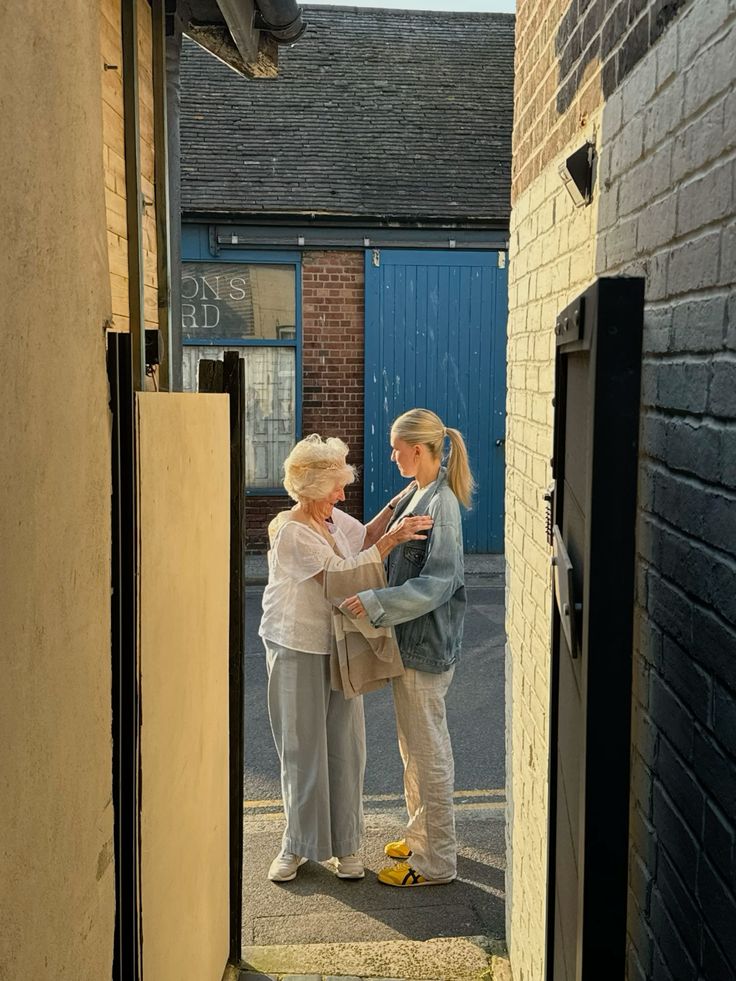Normal, day-to-day conversation is rarely acknowledged or talked about. For an action that we constantly utilize each minute of each day, there is not much reflection on how it is carried out. Paying attention to the conversations you have each day can lead you to think more about what exactly you are saying, which speaking skills you can improve on and how speaking in a confident voice will enable you to say what you mean and not what people want to hear.
Penn State’s public speaking course, CAS 100 is required for every Penn State student to take. This shows just how much our school values and pushes for students to graduate with adequate public speaking skills. Because of this class, we all either know or will know the importance of being direct and concise when portraying the main point to our audience. CAS 100 emphasizes the speaking ability needed when addressing a person or audience of significance but does not make any effort to help students utilize these skills in normal day-to-day conversations.
The true purpose of this article is not to tell you to treat every conversation like a CAS 100 speech, but rather to look back on the conversations you have each day and reflect on them. Ask yourself if the words that came out of your mouth that day were said to fit in with the people around you, or if they are actually true and reflective of your own core values. Make an effort to look back and see if you were saying sentences with confidence, or you let them trail off into meaningless words. By doing this reflection, you are able to differentiate between the truly meaningful conversations you had that day, and the meaningless small talk you had with people to fill a period of time up the would have otherwise been an awkward silence.
To map out the different levels of conversation, we have to get creative. Try and visualize the complex and different levels of conversation you can have with someone when having a meaningful conversation. If you can’t make a clear visualization, use the example below.
From a geological perspective of going outward to inward, the earth is made up of the outer crust, descending to the mantle, outer core, then finally in the very center where the inner core is located. When thinking creatively, you can relate the levels of the earth’s crust to the levels of conversation in terms of deepness or connection level. In this abstract comparison, you can associate conversational small talk to the earth’s outer crust. Even though it surrounds the entire earth, the outer crust makes up a small percentage of the earth as a whole. Small talk has the same effect — this is the case because it barely scratches the surface of a person’s true self. You have to entertain the act of small talk to be able to dive into the next level of conversation. Jumping down to the very center, the earth’s inner core makes up a respectable amount of the Earth. Yet, to get to the inner core, you have to penetrate all of the outer layers first. There is no difference in terms of conversation when you are working your way through the levels of conversation to find the inner core of the person you are conversing with.
Using this model could possibly allow conversationalists to create a trajectory or path of where they want to go in the conversation. It limits small talk and allows the people conducting the conversation to go deeper and learn more about the person or people they are talking to.
As a Penn State community, we should put more effort and focus into normal, day-to-day conversations so that we get the most out of every interaction we have. College might be the only and even last time in our lives where we are constantly surrounded by people the same age and who generally share similar interests. We are only students at this special university for a very limited time, so we can all agree that taking advantage of every conversation with every person is of utmost importance.





